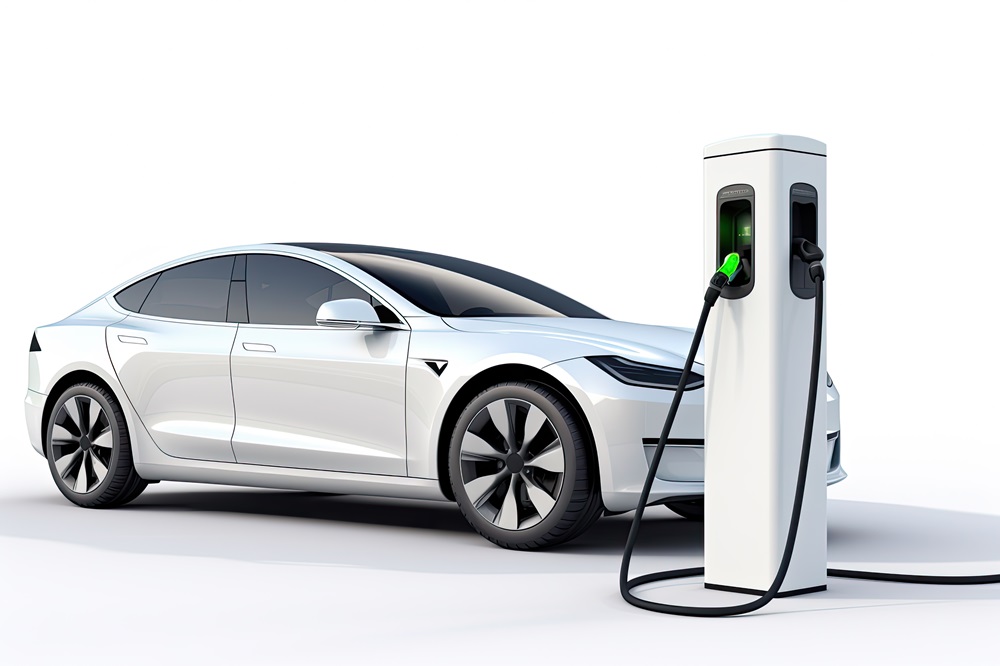In 2021, Tata Motors, one of the biggest manufacturers of cabs in India, promised to produce and sell over 50,000 electric vehicles to various cab companies within five years. Almost half of these cars were to be sold to Uber. However, they are greatly falling short of the mark.
Three years back Tata Motors launched its ‘Xpres-T’ model, an EV sedan. This was an instant hit with all the cab companies since it not only cost less to manufacture but was also a more environmentally friendly alternative. They were the only brand to have launched an EV sedan, thereby claiming a monopoly in the market.
But, as per reports, 2% of the current fleet of Uber cabs in India are EVs. On the other hand, Ola, Uber’s biggest competition, seems highly disinterested in EVs.
What went Wrong?
Manufacturing capacity is the biggest issue for Tata Motors. Even though they have taken on large orders from ride-hailing companies such as Uber, they do not have the means to fulfil these orders. As per industry insights, Tata Motors was capable of delivering up to 1000 EVs within a month. Currently, this has fallen as low as half of that number.
There are also other factors. The current government has not placed any subsidy on EV manufacture, despite its promise to cut down on carbon emissions. Since the G20 conference, it was expected that certain subsidies would be levied on the EV manufacturing sector as a whole, but this was absent. So, the cost factor became an important aspect of why major EV orders remain unfulfilled.
Lastly, the lack of charging infrastructure is a major roadblock. Since the original Xpres-T model had a large battery capacity, it required frequent charging. This was not possible for the Indian cab ecosystem. So, now the Tata Motors R&D team is developing a new model with a lower battery capacity. Once it is unveiled, it can be expected that the manufacturing capacity will increase.
Can India Make the EV Shift?
While globally EVs have become a go-to option for many ride-hailing services, in India this is far from the current scenario. In order for India to truly embrace the EV revolution, a number of factors will have to align.
Starting from government initiatives to push the EV manufacturing market, to local ride-hailing companies taking an interest in making the green shift, the future of EVs in India seems shaky at best.













